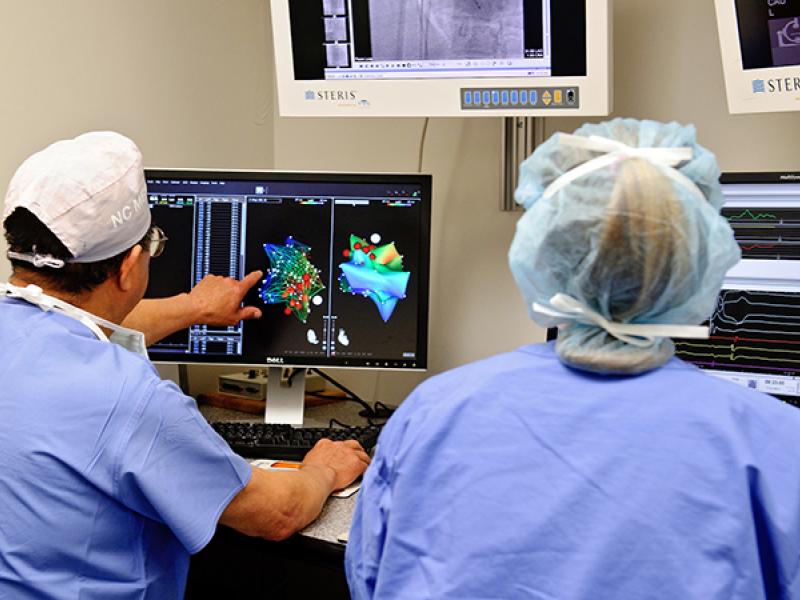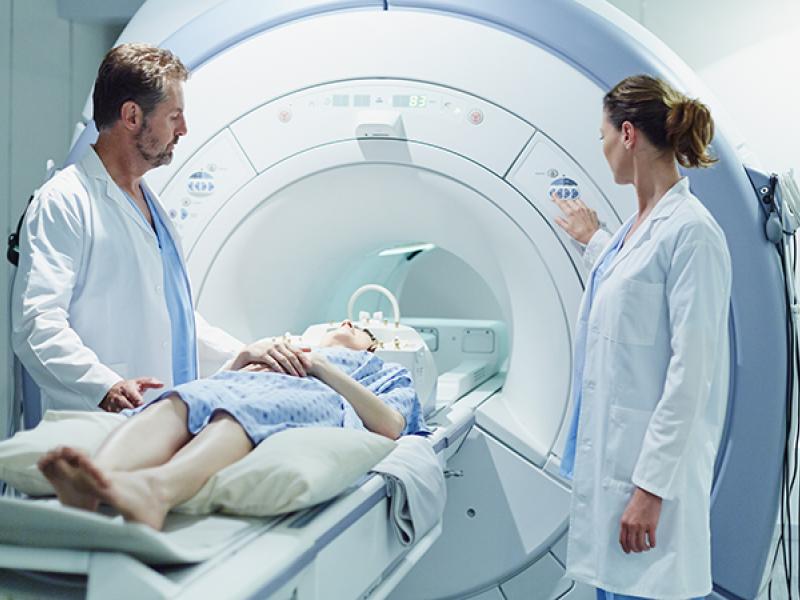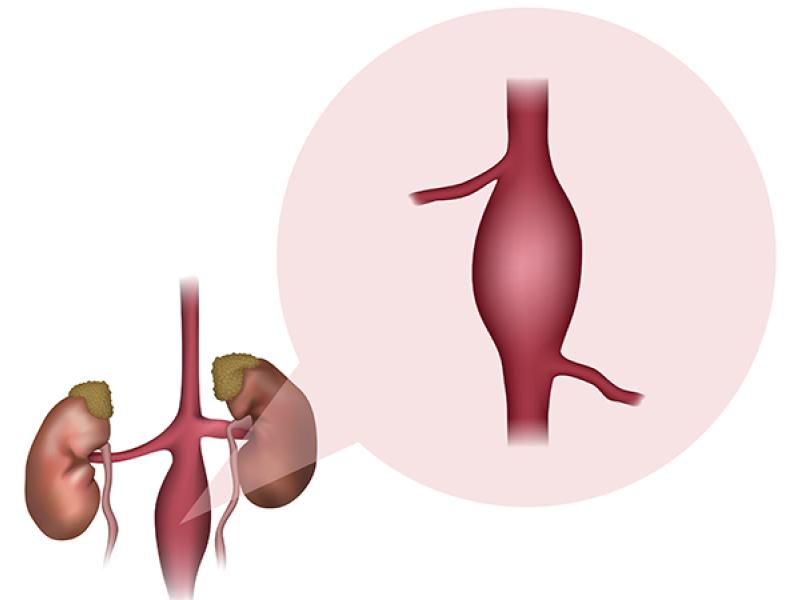Level I training, which is the basic training required of trainees to become competent consultant cardiologists, is required of all fellows in cardiology, and can be accomplished as part of a standard 3-year training program in cardiovascular medicine.
Level I CRSA training refers to competency in critically interpreting cardiovascular research literature and familiarity with methods used across a broad spectrum of cardiovascular research including, but not limited to, basic and translational science; molecular, genetic, and cellular research; animal studies; epidemiological studies; clinical trials; and meta-analyses. Preparation and presentation for fellows’ conferences, including Journal club and Research conference, is a significant part of each fellow’s scholarly activity. An orientation to research occurs during fellow bootcamp. Level I training also includes participation in such mentored research activities as data collection, analysis, and interpretation; scientific writing; and the evaluation of the quality of medical evidence.
Level II training is the additional training in 1 or more areas that enables some cardiovascular specialists to perform or interpret specific diagnostic tests and procedures or render more specialized care for patients and conditions. This level of training is recognized for those areas in which an accepted instrument or benchmark, such as a qualifying examination, is available to measure specific knowledge, skills, or competence. Level II training in selected areas may be achieved by some trainees during the standard 3-year cardiovascular fellowship, based on the trainees’ career goals and use of elective rotations. It is anticipated that during a standard 3-year cardiovascular fellowship training program, sufficient time will be available for the trainee to receive Level II training in a specific subspecialty (e.g., certification in nuclear cardiology, certification in echocardiography).
The goals and objectives of an elective research rotation are to discover new knowledge and to translate this knowledge into the practice of Cardiology. Cardiovascular disease fellows are encouraged to take part in research and to participate in clinical trials. Fellows may elect three to six months of research time during the fellowship. The amount of research is dependent upon the experience of the trainee. Duties include review and understanding of research protocols, recruitment of patients into studies, and follow-up of patients within protocol guidelines.
In general, the research elective will provide guidance for the fellow for developing and implementing a research project as follows:
- During the first research rotation, the research mentor guides the fellow in developing ideas and starting a project.
- During the second rotation, the mentor guides the fellow in carrying out the project.
- During the 3rd rotation, the research mentor guides the fellow in analyzing/publishing the project.
Rotation leader
Assigned research mentor
Rotation 1
- Identifying areas of potential research, brainstorming ideas and starting a project and/or participate in ongoing clinical trials identified by the assigned research mentor.
- Researching topics with the help of assigned mentors
- Design a clinical research project and obtain the requisite IRB for the project.
- Presentation of researched topics in at monthly research conference
- Critically analyzing journal articles of relevance to Cardiovascular Diseases and presenting such analyses in the form of Journal Club presentations
- Preparing and presenting topics/case reports/research studies of importance to Internal Medicine at the regional and national meetings of the American College of Physicians and other organizations in Internal Medicine
- Attending the Annual Scientific Sessions of the American Heart Association, American College of Cardiology, or other national organization meeting, if acceptance of an abstract for such a meeting.
Rotation 2
- Further refining research and presentation skills by acquiring the ability to present with clarity, complex topics and controversial topics in Internal Medicine and Cardiovascular Disease at the monthly research conference.
- Carrying out an IRB-approved project and analyzing data.
- Attending the Annual Scientific Sessions of the American Heart Association, American College of Cardiology, or other national organization meeting, if acceptance of an abstract for such a meeting.
Rotation 3
- Preparing and submitting for publication manuscripts on original research conducted.
- Attending the Annual Scientific Sessions of the American Heart Association, American College of Cardiology, or other national organization meeting, if acceptance of an abstract for such a meeting.
- Formulate research plans for a future career in Cardiovascular Medicine





